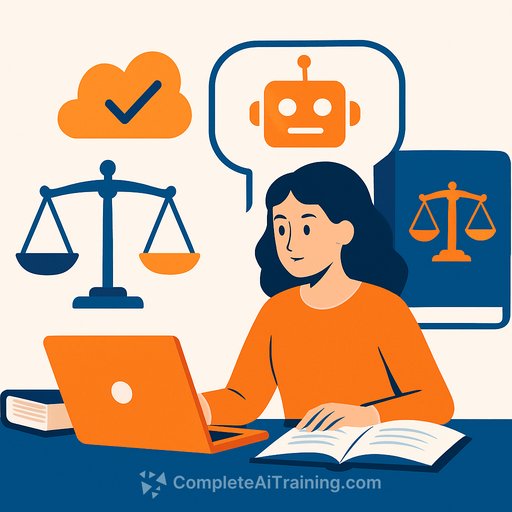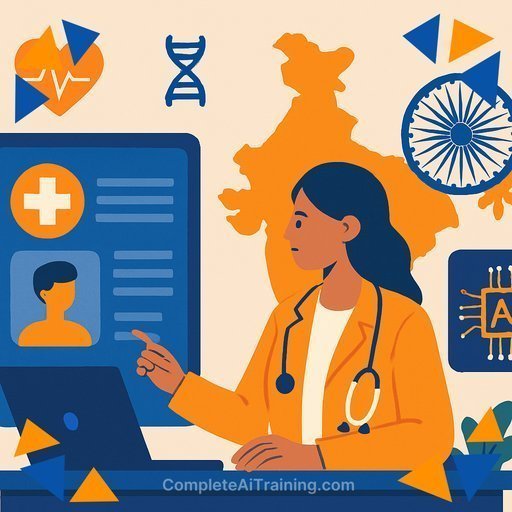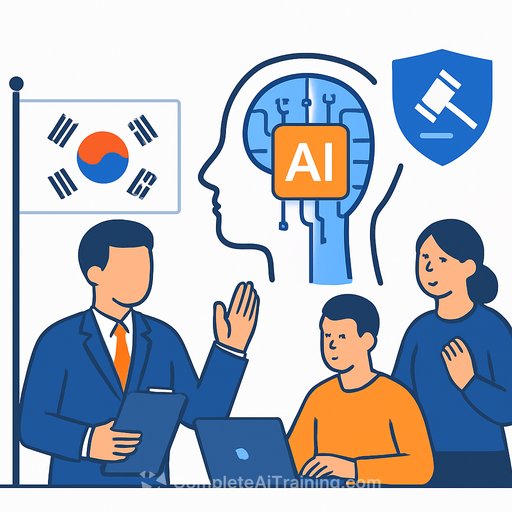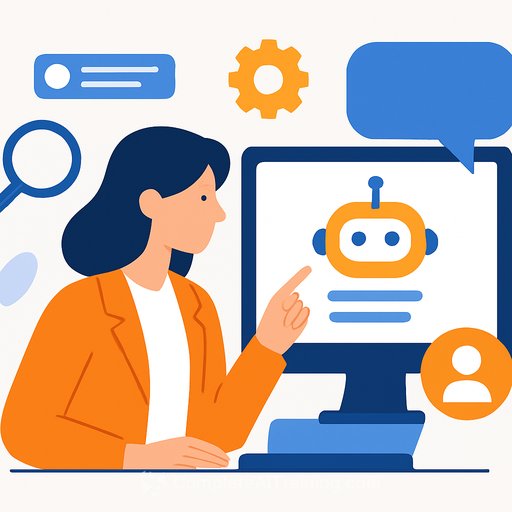Should Legal Education Integrate AI? Rethinking Curriculum for the Age of Intelligent Law
Major law firms and corporations are developing or adopting AI tools to boost efficiency. Generative AI is changing the legal industry. For example, JP Morgan Chase uses COiN (Contract Intelligence), which applies natural language processing and machine learning to save over 360,000 hours annually on contract review. Other AI tools like Cocounsel, Harvey AI, Spellbook, Lex Machina, and Vlex are reshaping how legal work gets done.
Predictive AI in Law and the Kerala High Court’s Call for Caution
Models such as SCOTUSbot, an AI tool predicting Supreme Court rulings, are redefining the connection between AI and law. While AI won’t replace human judgment, if justices follow legal principles, AI aware of precedents could reliably forecast votes. The accuracy of these predictions will be key to their acceptance.
However, the Kerala High Court recently set a cautious policy on AI use in the District Judiciary. It restricts AI tools that mimic human cognition, concerned they may undermine public trust and key judicial values like fairness, transparency, and accountability. The Court has barred AI from legal reasoning or decision-making processes, urging extreme caution.
Legal Education’s Role in Ethical AI Integration and Critical Thinking
Legal education must prepare future lawyers to use AI ethically and thoughtfully. As AI increasingly supports research, drafting, and summarizing judgments, law schools need to teach responsible, critical use of these tools. The World Economic Forum’s 2024 report on AI in education highlights AI's potential to transform learning but warns about preserving critical thinking and innovation.
A challenge is cognitive offloading, where students rely on AI to find easy solutions, which can dull critical thinking. Studies show AI-generated responses often lack creativity compared to independent student work. For instance, when asked how to reuse worn trousers, AI suggested a scarecrow, while a student proposed a novel bird feeder.
Legal education should foster a culture where AI is a tool to deepen understanding, not a shortcut. Training must focus on using AI to support argumentation, interpretation, and ethical reasoning. The goal is to develop legal professionals skilled in technology and deeply committed to justice and integrity.
Rethinking Curriculum and Learning Taxonomies
Integrating AI calls for a curriculum shift. Traditional teaching emphasizes remembering and understanding, foundational stages in Bloom’s Revised Taxonomy. AI tools can help move focus toward higher-level skills: analysing, evaluating, and problem-solving.
Discussions at the European Conference on Education reflected this view. Educators agreed AI can support critical thinking but stressed the ongoing need for foundational knowledge, especially in regions facing educational inequality.
Emphasising Skill Competency and Social Inquiry in Law
Balancing AI and natural learning means focusing on skill competency and social inquiry. Generative AI can synthesize judgments and build knowledge bases, but education must ensure this output is relevant, carefully reviewed, and used to empower lawyers. The aim is to maintain innovation and commitment to justice.
The Limitations of AI in Addressing Justice and Context
AI’s data-driven responses often miss the deeper perspectives essential to legal education. For example, when asked sensitive questions about criminal records or caste-based reservations, AI recognized systemic issues but lacked the nuanced understanding of what justice means today and going forward. This insight is crucial for legal training.
Implementing AI Responsibly in Legal Education
No one wants to lag behind in AI adoption. Yet, we must consider how innovation might conflict with ethics or increase injustice. At the same time, AI offers significant opportunities for the legal profession.
The challenge is balance. While some may resist AI as inappropriate for law, history shows new technologies, from the printing press to computers, often faced initial skepticism before becoming essential tools.
Legal education should embrace AI within curricula responsibly, ensuring core skills remain strong. This approach prepares lawyers to wield AI thoughtfully and uphold the highest standards of fairness and integrity.
Your membership also unlocks:






